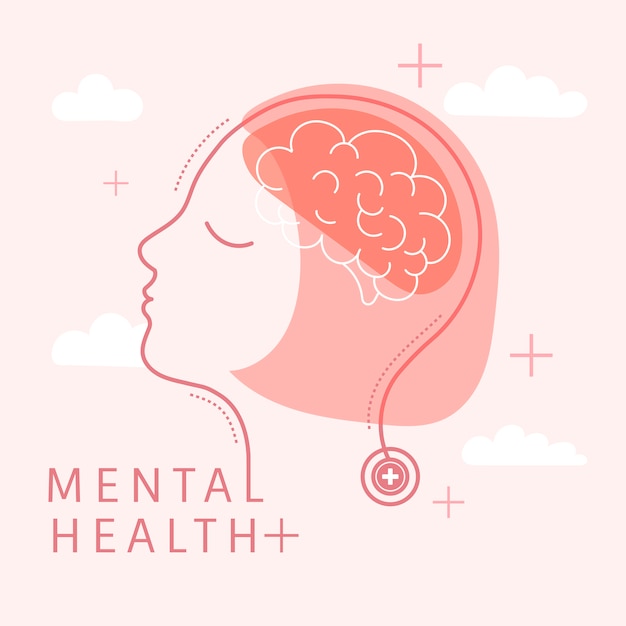The Truth about ADHD
Over the past decade, ADHD cases have surged by 53 percent. This rise has led many to believe that ADHD is being overdiagnosed, especially by primary care physicians who might not be considering other factors. According to the CDC, poverty plays a significant role in ADHD diagnoses. Children affected by poverty are often exposed to various environmental factors, and unfortunately, instead of receiving the support they need, they might end up with a diagnosis and medication to manage the symptoms. This might explain part of the increase. But what else is contributing to this trend?
Other Factors that Influence an ADHD Diagnosis
Angela Hanscom, a pediatric occupational therapist, suggests that one reason for the rise in ADHD diagnoses could be related to the lack of movement in children’s daily routines. For example, a six-year-old boy might be diagnosed with ADHD simply because he finds it difficult to sit still all day. Does this really make sense? It’s common for many children, and even some adults, to struggle with sitting still for such long periods.
Additionally, there is a concern that many ADHD diagnoses are actually misdiagnoses. The symptoms of ADHD can overlap with those of learning disabilities, depression, mistreatment, or even a chaotic classroom environment. ADHD can sometimes serve as a catch-all label for issues that stem from entirely different causes.
Another theory is that pharmaceutical companies might be exaggerating the prevalence of ADHD for financial gain. In 2012, stimulant sales reached $9 billion, a significant increase from $1.7 billion just ten years prior. The marketing efforts for these drugs can be quite aggressive, with some ads claiming that stimulants are “safer than aspirin.” The FDA has had to intervene multiple times since 2000, citing major ADHD drug manufacturers for misleading advertising.
What to Consider with ADHD
Nutrition plays a crucial role in managing ADHD. It’s unreasonable to expect someone to stay focused throughout the day if they’re consuming a diet high in junk food. Additionally, lack of exercise and sunlight can impact one’s mood and ability to manage excess energy. Outdoor physical activity, in particular, can be beneficial. While these factors are important to consider, it’s also worth noting that individuals with ADHD might have different perspectives and needs.

